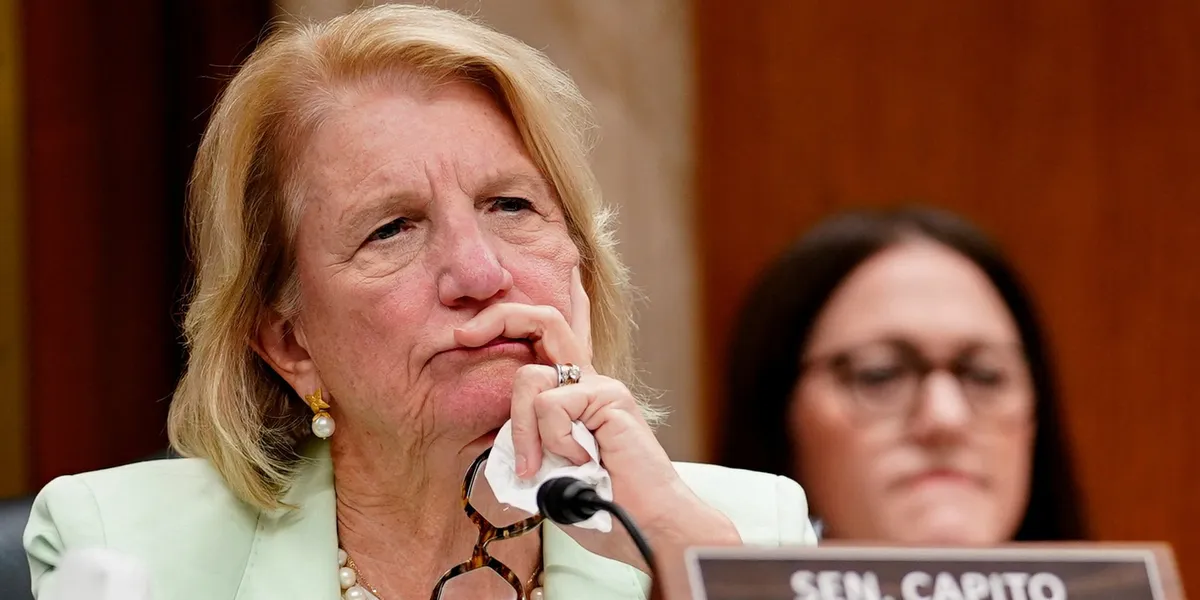Copyright Cable News Network

Perhaps nobody on Earth is as consumed with claiming credit for achievements — both real and exaggerated — as President Donald Trump is. But when it came to the Gaza ceasefire deal last week, even many of Trump’s critics didn’t begrudge him a prolonged victory lap. A week later, though, the situation appears to have meant little if anything on the domestic front. Not only has the tenuousness of the agreement come into sharp focus, with Vice President JD Vance leading a delegation to Israel this week as the deal hangs in the balance, but Trump’s political standing appears almost unchanged at home, if not worse. Perhaps most remarkably: Americans don’t even seem to be particularly enthused about Trump’s handling of the Gaza issue. The situation appears to reinforce that negative views of Trump are largely baked-in at this point, and that negative views of his handling of domestic issues — especially the economy — are likely to continue to carry much more weight. We’ve now seen two quality polls conducted after the announcement of the ceasefire deal on October 8. Both show Trump’s approval is virtually unchanged. And though his numbers on Gaza appear to have ticked up, not even that appears to be a strength. An AP-NORC poll released Friday showed Trump’s approval rating on Gaza improving from 37% in September to 47%. (The poll was conducted October 9-13.) But about the same number disapproved: 49%. And Trump’s overall approval split was actually worse than at any point in his second term, with 37% approving and 61% disapproving. Those numbers rival Trump’s worst numbers since his first year in office in 2017. The story was similar in a CNBC poll released Friday. It showed Trump remained significantly underwater on the issue of the war in Gaza, with Americans disapproving 50%-41%. It also showed Trump’s approval rating at a second-term low, with Americans disapproving 52%-44%. How could this be, after what was viewed as such a major win for the president on the world stage — something that even some Trump critics said lent credence to his lobbying for a Nobel Peace Prize? One possibility is that views were still forming, with much of the polling conducted between the deal being struck and Trump’s travel to the Middle East for his victory lap. The fact that Trump’s ratings on Gaza, specifically, weren’t that great might suggest people weren’t tuned in. But recent events suggest even such a bump, if it were to materialize, could be just as fleeting, given tensions are rising in the region again. And it also seems possible Americans are taking a wait-and-see approach, recognizing how often we’ve seen hope for Middle East peace suddenly evaporate. (It was just in January, after all, that the Biden administration struck its own ceasefire deal, which lasted about two months.) The more likely interpretation, though, resides in that age-old political adage: “It’s the economy, stupid.” It hasn’t gotten as much attention in recent weeks, but Trump’s numbers on the economy continue to deteriorate — especially as the apparent negative impacts of the president’s tariffs set in and inflation proves stubborn. The CNBC poll is a case in point. It shows views of Trump’s handling of inflation and the cost of living hitting a new low, with Americans disapproving 62%-34%. He’s also 13 points underwater on the broader issue of the economy — his worst net approval rating on that topic in either his first or second terms. The survey also suggests pessimism is setting in. It shows new lows in the percentages of Americans who say they expect the economy to improve over the next year (32%) and for their own wages to rise (31%). The percentage of employed Americans who say they’re not at all worried about losing their jobs has also dropped to 52% — which is lower than at any point in the final three years of the Biden administration. Those are striking numbers, and it wouldn’t be surprising if the American people place much more emphasis on them than on the Gaza issue. That’s especially given other polling has shown foreign policy issues are very low on Americans’ priority list. Just 4% in a recent CBS News-YouGov poll ranked international events as the most important issue facing the country. The same poll showed three-fourths of Americans don’t think Trump has focused enough on lowering prices. Maybe people are less concerned with Nobel prizes than they are grocery prices.



